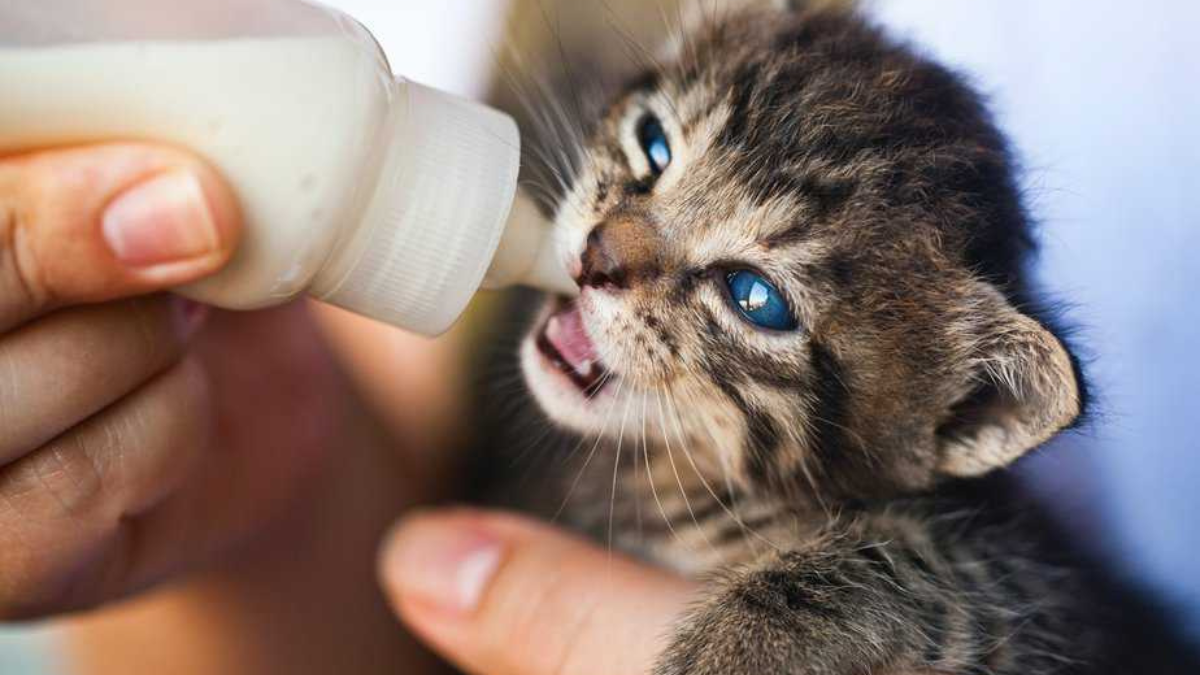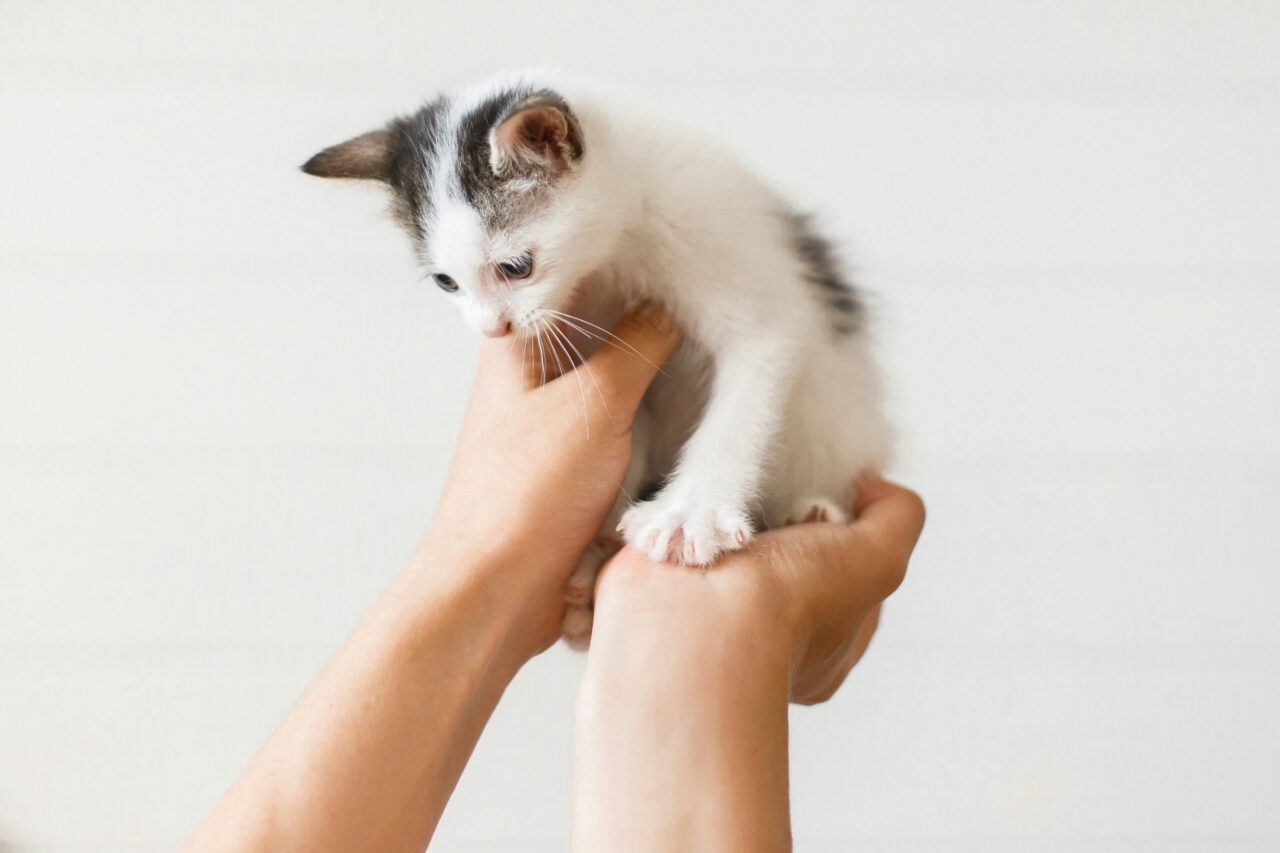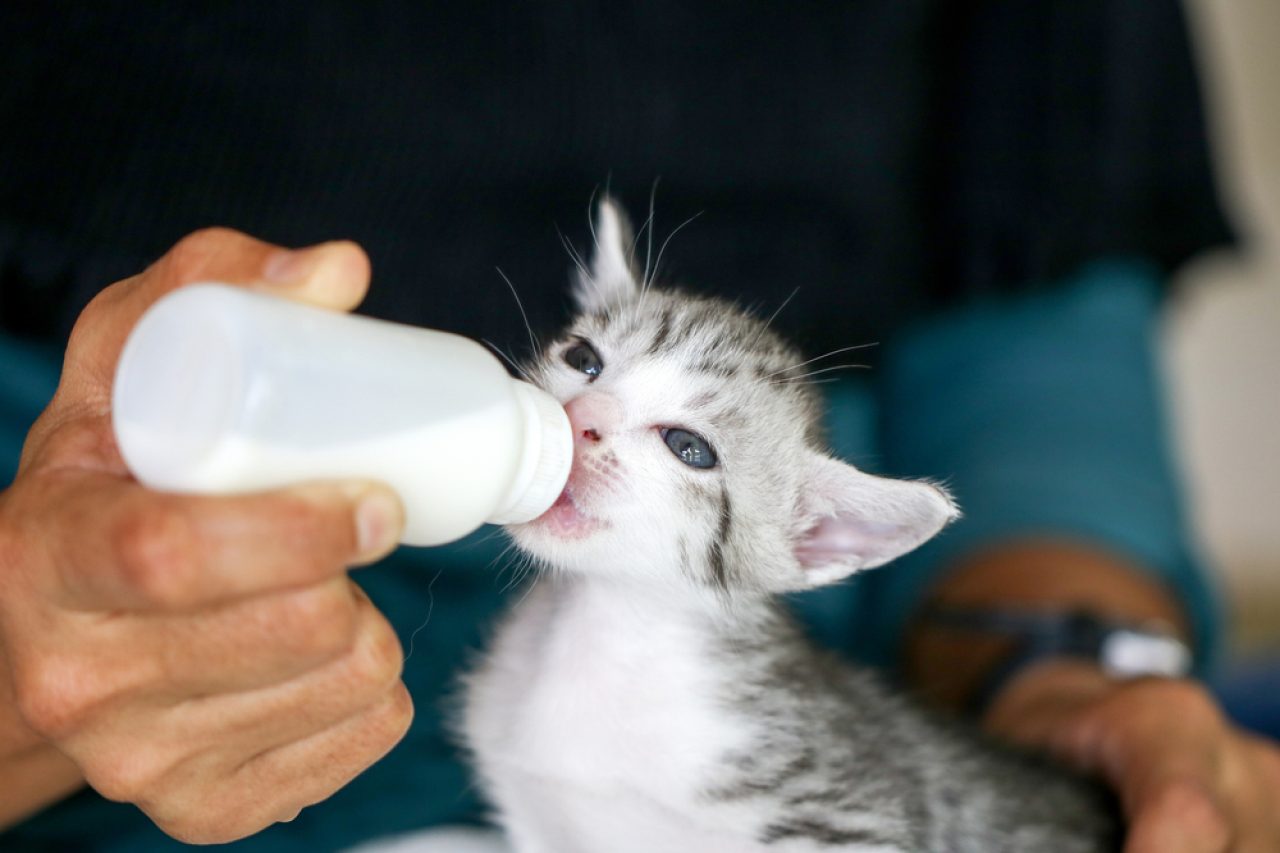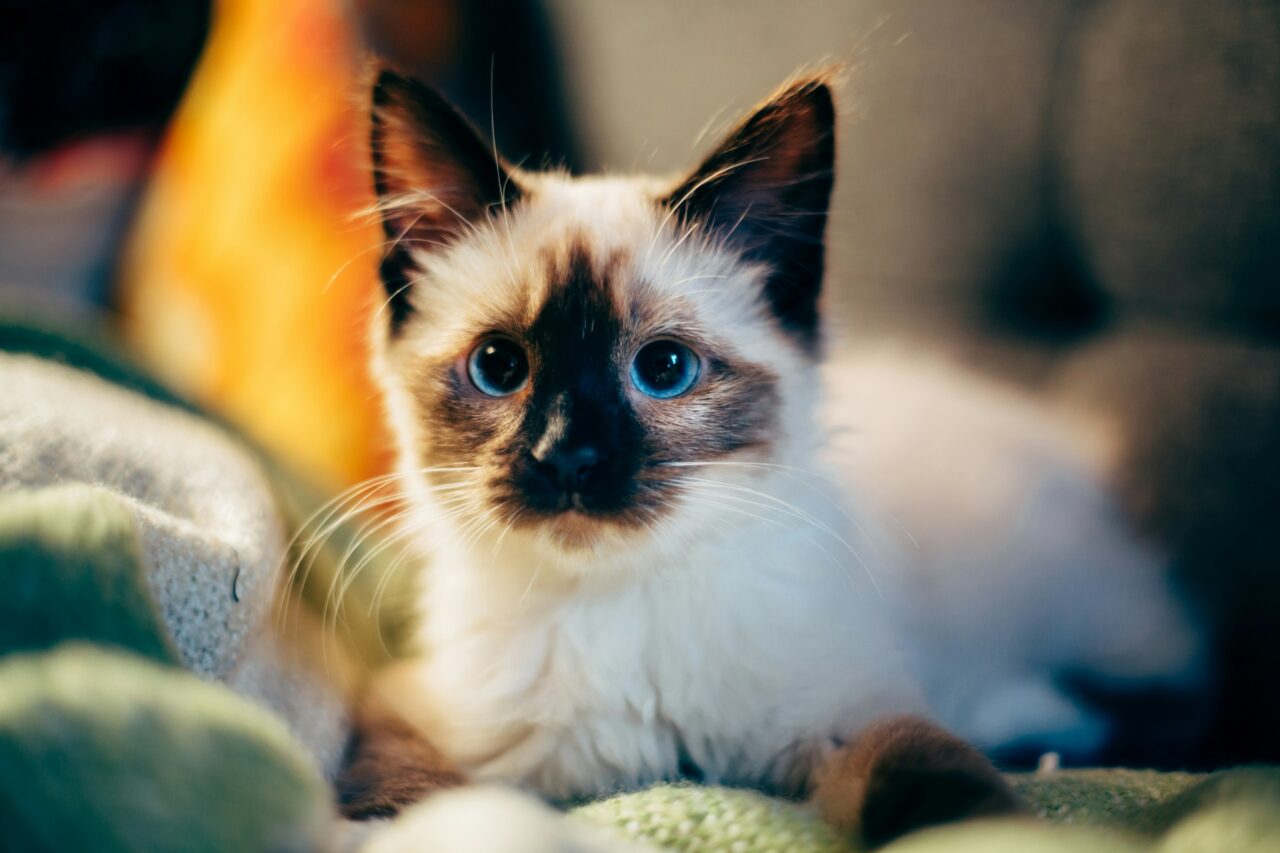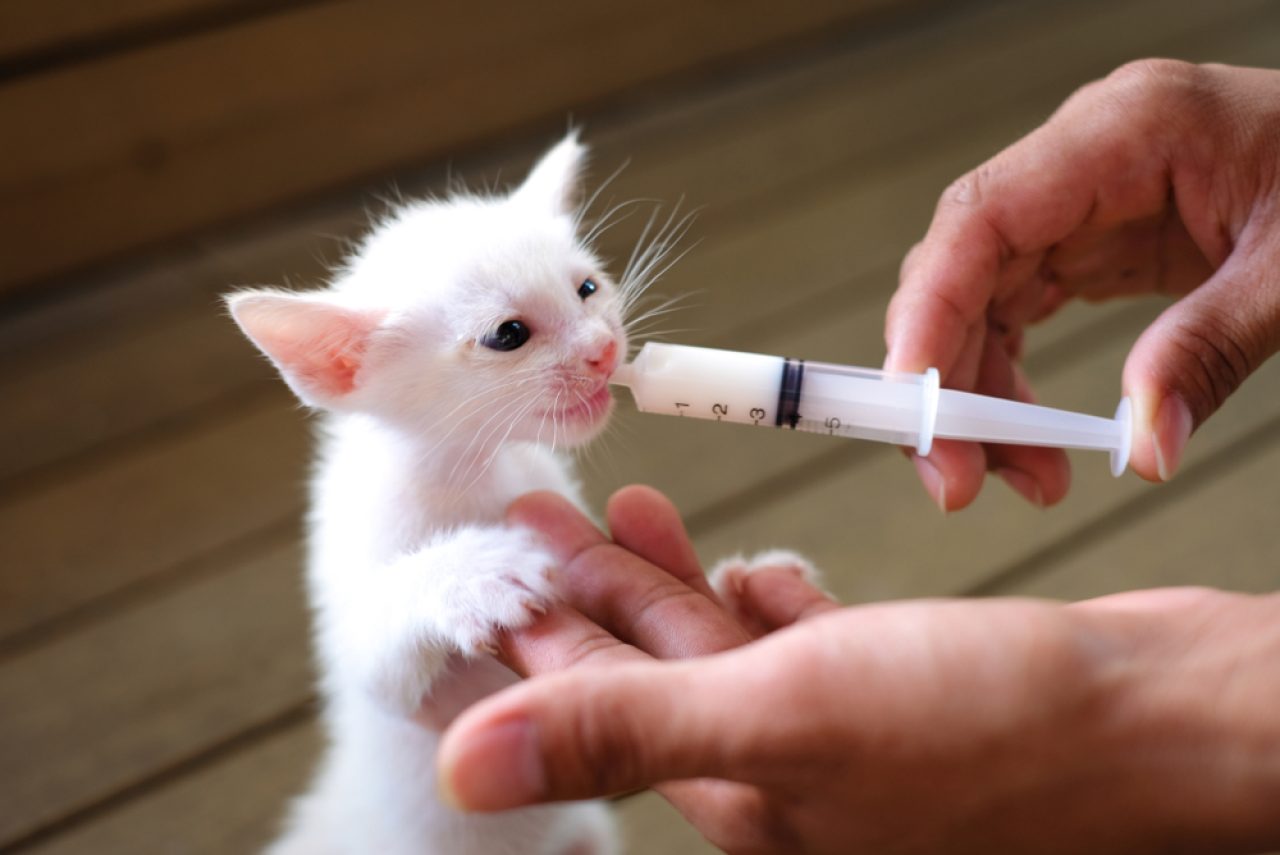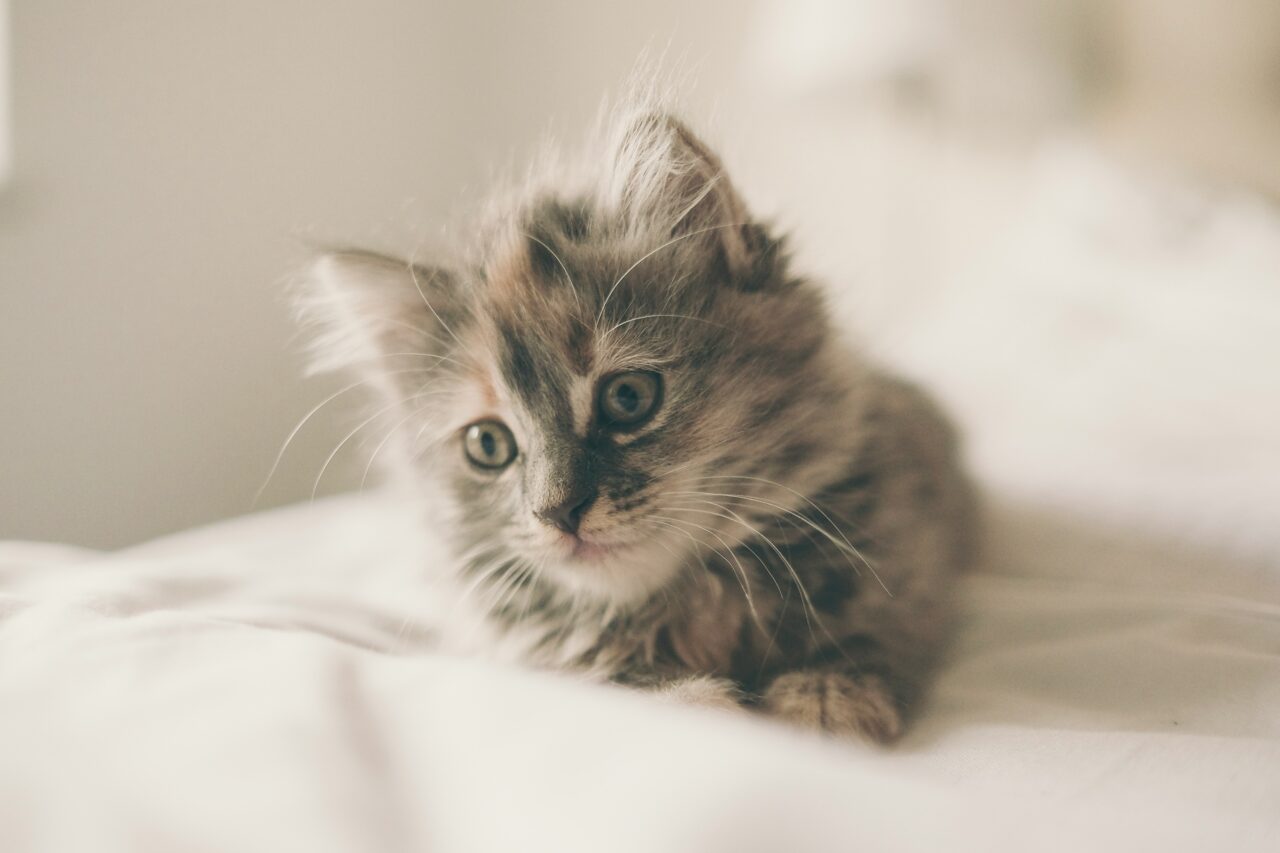📖 Table of Content:
Hand-reared kittens aren’t a novelty. There have been situations throughout history where humans had to take care of kitties “by hand.” That’s where the “hand-reared kittens” term comes from. They refer to kitties whose mothers (or other cats) don’t take care of them from a very young age.
The mother may have died and left the entire litter behind. Or rejected one because she sensed it was getting sick and she wanted to protect the rest of the litter. Or maybe the mother was the one that got sick and wasn’t able to take care of them.
In practice, the process of hand-rearing a kitten entails feeding (spoon, bottle, or syringe), cleaning and toileting, monitoring the health of the kitten (regular vet check-ups, too), and keeping the kitten warm, secure, and socialized.
With that out of the way, hand-reared kittens grow to become pretty pleased with humans and their shenanigans. They don’t mind when you spend hours of the day cuddling, petting, and smothering them with your love. They don’t mind when your friends, neighbors, or even other animals do that, either.
We could argue that hand-reared kittens are more affectionate. But, but, but… There’s always a but when we’re talking about kittens and their (pretty endearing, but ever so odd) behavior. Take a look at what we’ve gathered and draw your own conclusions.
Take a peek at what you can look forward to when you take on the role of the kitten’s mother. You’d be surprised at the amount of love a little furball’s willing to offer in return for a lick of milk.
1. They’re more likely to trust humans
Here’s the thing – when you take care of a kitten from a very young age, you can bank on the fact that the kitten becomes attached to you.
You might be a little less fluffy than her and you might not speak the same language as she does (your super realistic “meow” doesn’t help). But, you’re the only motherly figure she’s got.
Most kittens that grow up with the help of a human end up trusting the human more than anyone else. That’s not to say that they trust every human they cross paths with. But, they’re pretty pleased with the “kitten gets cuddles from everyone around” thing.
And, granted that you do everything you can to help your kitten grow happy and healthy, you’re bound to have a fluffy friend for life. Kittens that have spent most of their lives around humans tend to trust them more than other animals. But not when they haven’t been treated the right way (obviously).
2. They’re less likely to be scared and skittish around humans
“Shouldn’t such a tiny, teething kitten be scared of humans and human foods from the beginning? How can I earn her trust when she can’t even open her eyes to see me!?” We’ve warned you that taking care of a kitten would require a bunch of your effort, energy, and time. And, we weren’t messing with you.
Kittens whose mothers abandoned them at a young age ARE scared of humans, for the most part. Depending on how old they were when they were separated, most kittens don’t even realize that they’re not taken care of by their own mother.
As they grow up, they learn that humans are their family. Humans are the ones feeding them, cleaning them, playing with them, and doing everything that their mother would do. Actually, you are their mother to them. No wonder they aren’t scared or skittish around humans, right?
3. They’re more likely to be friendly with other kittens and cats
“Are hand-reared kittens more affectionate?” seems like a question geared toward humans. You’d assume that the humans asking this question wonders whether a hand-reared kitten would display more love and affection towards other humans. But, what’s the deal with other cats?
Wouldn’t a hand-reared kitten be more adverse towards other cats? Wouldn’t such a kitten become scared of other cats? While that might sound like a pawsibility, most little stinkers growing up around humans learn how to play with other kittens, too.
That’s because most humans do their best to provide their fluffy baby with an equally fluffy friend. In fact, playtime and other activities like that are ESSENTIAL for keeping your hand-reared kitten happy and healthy.
4. They’re easier to train
That’s right! Not only are hand-reared kittens more affectionate, but they’re also easier to train. These mischievous monsters spend most of their days hanging out with humans. They’re bound to pick up a trick or two, especially when you actually try to teach them something.
You and your hand-reared kitten might not speak the same language, but you’re guaranteed to understand each other purrfectly. Give her a chance – try to teach her how to use the toilet (that’s right, some cats prefer human toilets) or how to clean her paws before she enters the apartment.
With a little love and patience, you won’t regret checking what she can do!
5. They’re easier to bond with
Hand-reared kittens are completely dependent on their humans for everything – feeding, cleaning, playing, and pretty much every aspect of their little lives you can think of. They spend every second of their day with their humans. They can’t NOT bond with them sooner or later.
How many times have you heard a pet parent say “My cat’s my baby!” That’s pretty much what a hand-reared kitten becomes to her human. And, that’s what you can expect when you decide to take care of that mini-mouser that’s been abandoned by her mom.
